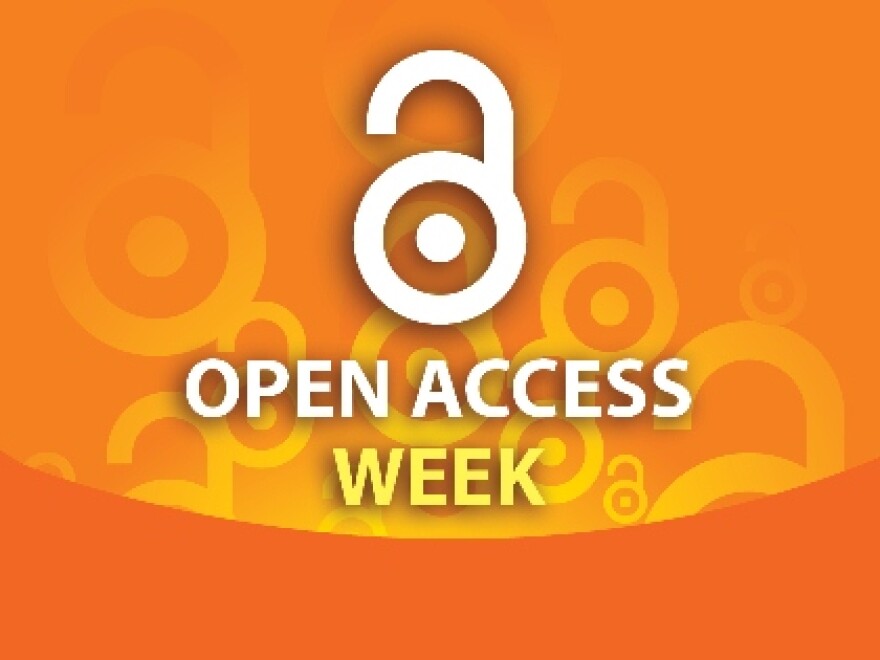Purdue is celebrating Open Access week. It is part of a global effort to openly share research and scholarship.
Columbia University professor Victoria Stodden spoke about scientific reproducibility at a forum Friday. She says there is a push for researchers to provide their data and code when publishing an article, which is something more journals and funding agencies are requiring.
“Young people who were raised in a digital environment – to them – it’s shocking that code and data aren’t shared. They would expect this,” she says. “They’re not getting mentorship about this and it’s transitioning, but I think those people are just going to carry the ball forward.”
Purdue Libraries organized the events on campus this week. Dean Jim Mullins says many faculty, staff and students are committed to expanding access to scholarly work.
“We’re interested in making sure that anyone who needs access to research information isn’t prohibited from doing that because they don’t have the financial resources to do it.”
He says by holding Open Access events more people will understand the complexity of the issue and he hopes, come up with solutions. Mullins thinks there’s a great commitment on campus to expanding access to research, but he says some are concerned with publishing data and code associated with their scholarly work.
“It’s obvious that there is still a lot unknown in this whole development in the fact that a researcher might think that by putting in junk data he would be able to protect himself, when actually all that would be doing is kind of hindering his professional reputation.”
He says some scientists also see the additional effort needed to make data and code available as a drain on the time they could spend doing research.
Stodden says there are some cases where personal or medical information must remain confidential.
“There are lots of cases where [publishing data and code] is possible and people don’t want to. Those ones I think we need to push on and get the default being ‘open’ and then we look at the exceptions.”
She says one barrier to reproducing another researcher’s work deals with copyright, however, Stodden says getting and giving permission for data and code use is the solution.
Purdue’s Office of the Provost awarded two faculty members with Open Access Awards. Dr. Linda Bergmann, Director of the Online Writing Lab (OWL) received the recognition in the Education category. OWL, which is celebrating its 20th anniversary, now features more than 300 reference and instructional materials, all made freely available online.
Dr. Mark Lundstrom won the Open Access Research Award. He is the founding director of the Network for Computational Nanotechnology who oversaw the creation of NanoHUB. He says the idea for the platform that facilitates the sharing of data and use of simulation tools was an idea he had 20 years ago.
“So, I was thinking about Open Access and how can we address some of these concerns I was hearing from the (journal) reviewers that we can’t reproduce these results,” Lundstrom says. “I had a student looking for a project. I was thinking about these issues. A lot of times things happen like that just by chance. It turned out that it led in a direction I hadn’t anticipated.”
NanoHUB has nearly 250,000 users annually from around the world. It contains more than 3,000 resources for research and education, and includes roughly 300 simulation tools.



